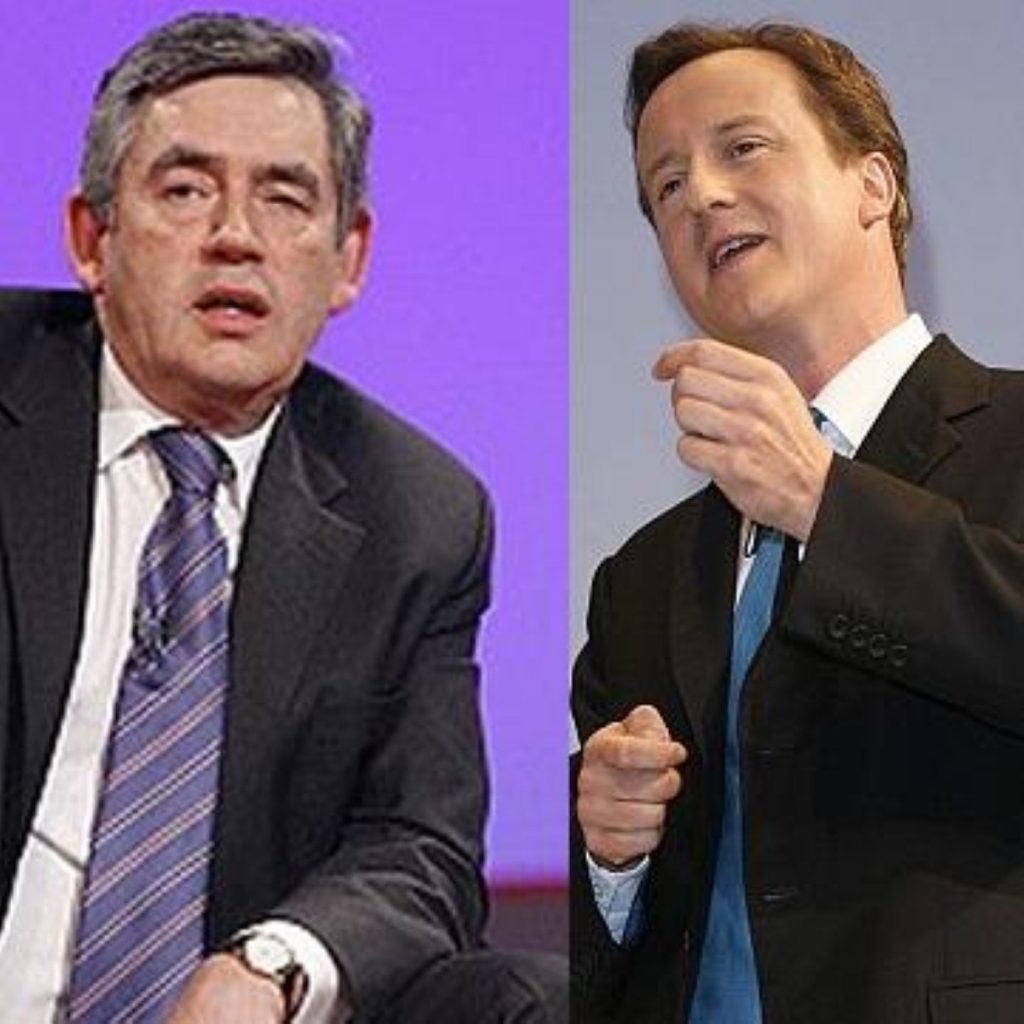Brown refuses to apologise over Scottish elections
Prime minister Gordon Brown today refused to apologise over problems during the Scottish elections earlier this year, where as many as 140,000 people were disenfranchised by confusing ballot papers.
In a heated prime minister’s questions, Mr Brown rejected David Cameron’s claim that the report into the Scottish election fiasco by the Electoral Commission, – released yesterday – exclusively blamed the Labour government and its ministers for the debacle.
However, he did say he regretted what had happened.
Mr Cameron told the House: “[The report] found that the labour government put party interest in front of voters’ interest in conducting those elections. Will the prime minister now offer his own personal apology for the unacceptable conduct of ministers?”
Mr Brown defended the government’s liability in the Scottish election fiasco, saying all parties were to blame according to the independent commission’s report, which was by led by Ron Gould, a former assistant chief electoral officer of Canada.
Mr Brown also accused the Conservative leader of not giving an accurate account of the report’s conclusions.
He said Mr Cameron was “misleading people about the conclusions of this report,” which led the speaker of the house to call for him to use “more temperate language”.
Mr Brown said: “There were decisions made about the Scottish Election that could have been better made. These decisions were supported by the Conservative party.”
Mr Brown added: “What the Gould report does not do is put the blame on any individual or any institution. What it says is all political parties must take their share of responsibility for what happened.”
However, Mr Cameron countered the prime minister’s argument by pointing to a section of the report which said ministers in the Scotland office “frequently focused on partisan political interest overlooking voter interests”, and said Douglas Alexander, the then secretary of state for Scotland, was responsible for the fiasco.
The Conservative leader also questioned the government’s proposals on redistributing five per cent of surpluses in the budgets of some schools, saying it was important to give schools autonomy.
Mr Cameron said: “It would fly in the face of such autonomy to punish schools that budget carefully so will he explain why his government is pressing ahead with a plan to confiscate five per cent from good schools that plan carefully.”
Mr Brown explained there were £1.7 billion surpluses in our schools at the moment.
He told the House: “We are consulting how we can best use these surpluses for the benefit of children’s education . . . we are determined that that money goes to the pupils and the parents to improve their education.”
Mr Cameron quoted head teachers who were unhappy with the proposals, and criticised what he called the prime minister’s “mania for state control”, and called for him to start trusting head teachers.
However, Mr Brown stressed a consultation set to report back next week would specify the most beneficial way for the surplus to be spent, and highlighted the fact there were surpluses as a result of the increased funding his government’s measures had created.





-01.png)